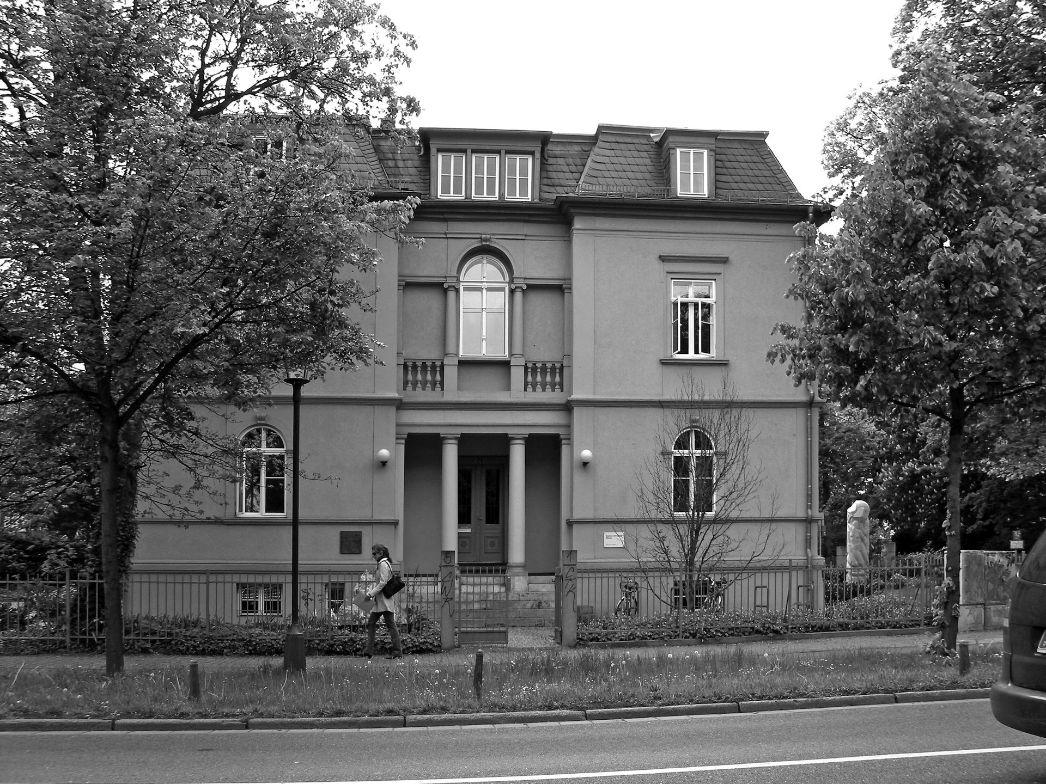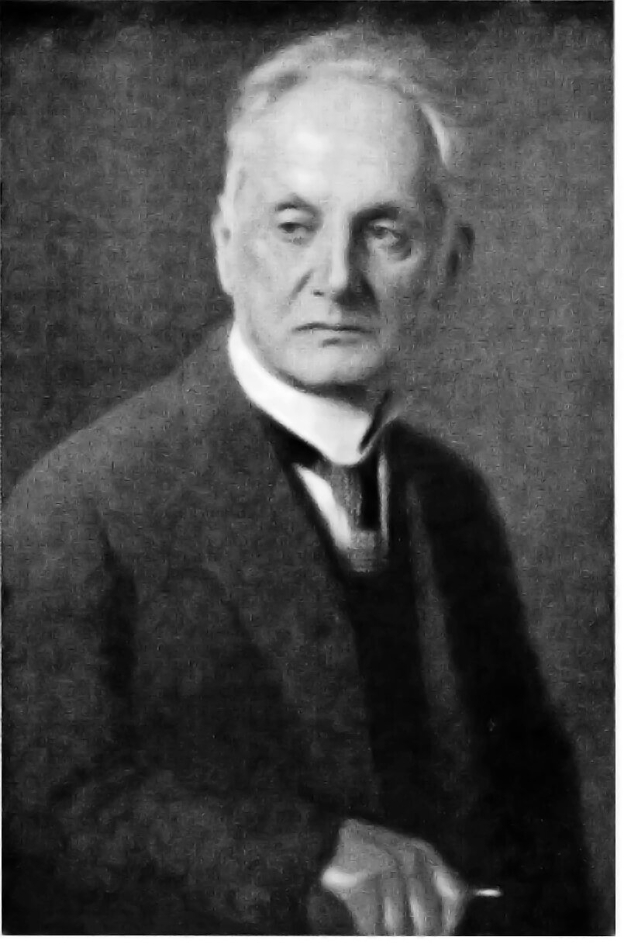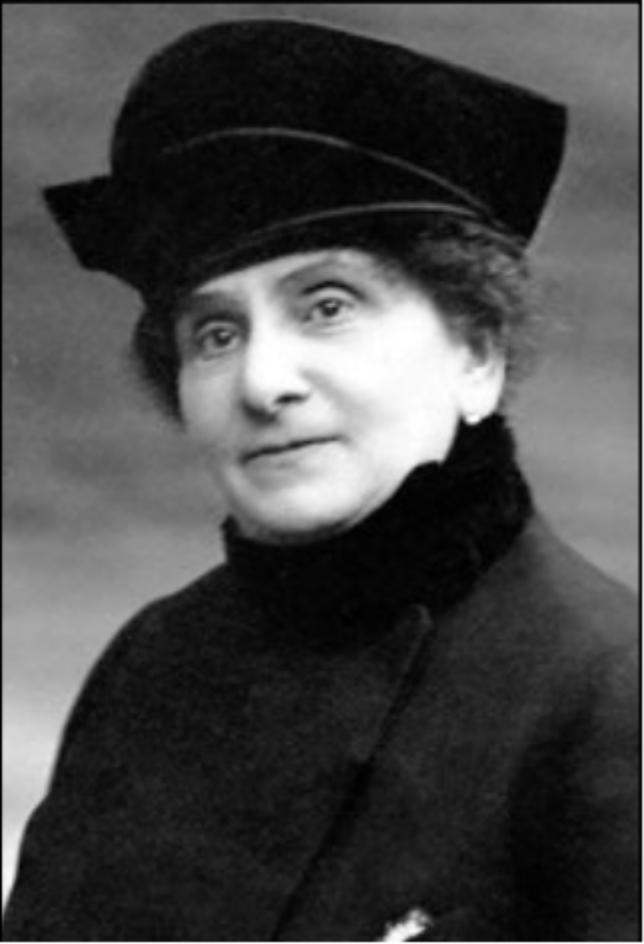



A memorial plaque on the villa, now part of the Bauhaus University, commemorates the residents of the former "Jewish house". The house had been owned by the Fleischer couple since 1900. Professor Friedrich Fleischer was a painter, his wife Jenny, née Alt, a well-known singer. Until her marriage, she was a star at the court theater and later taught at the state music school in Weimar. At the end of 1937, she inherited the villa furnished with works of art and a considerable fortune from her late husband. Two years later, her sister Ilka Gál, who had a heart condition, and her niece Edith moved in with her.
Because Jenny Fleischer-Alt was of Jewish origin, the artist was denied access to her private accounts from 1939. With the death of her husband, the widow also lost the protection of the "mixed marriage". Jenny Fleischer-Alt, who employed four people, was only allowed to withdraw an increasingly small sum each month to cover her maintenance. From 1940/41, the Gestapo assigned single, elderly people to the "Jews' house". Fearing imminent deportation, Jenny Fleischer-Alt, now 78 years old, took her own life together with her niece in April 1942. One of the residents, Käthe Friedländer, was deported in May 1942; the other residents did not survive the Nazi era either. Jenny Fleischer-Alt's property was sold at public auction in 1944.
Eduard Rosé
The elderly Eduard Rosé was also forced to move into the ghetto house in December 1941. The musician came from Jassy, the capital of the Principality of Moldova (now Romania), where he was born in 1859 as Eduard Rosenblum. After studying at the Vienna Conservatory, he performed together with his brother from 1882 under the stage name Rosé in a string quartet that became famous throughout Europe. Eduard Rosé was engaged as solo cellist at the Royal Court Opera in Budapest and with the Bo- ston Symphony Orchestra. For the sake of his wife Emma, he gave up his position in the USA and came to Weimar in September 1900 through his brother-in-law, the composer Gustav Mahler. Here he not only worked as first cellist of the Staatskapelle until his retirement in 1926, but also taught cello and piano at the State Music School. Although he had already converted to Protestantism in 1891, Eduard Rosé was persecuted as a Jew during the Nazi era. He was refused a professorship at the conservatory. In 1941, the 82-year-old protested in vain against having to wear the yellow star and was taken into custody by the Gestapo. After the death of his wife and the emigration of his two sons, the musician became lonely. He had to spend his last months in Weimar in the "Jews' houses" at Belvederer Allee 6 and Brühl 6. In September 1942, Eduard Rosé was deported to Theresienstadt, where he died on January 24, 1943.
